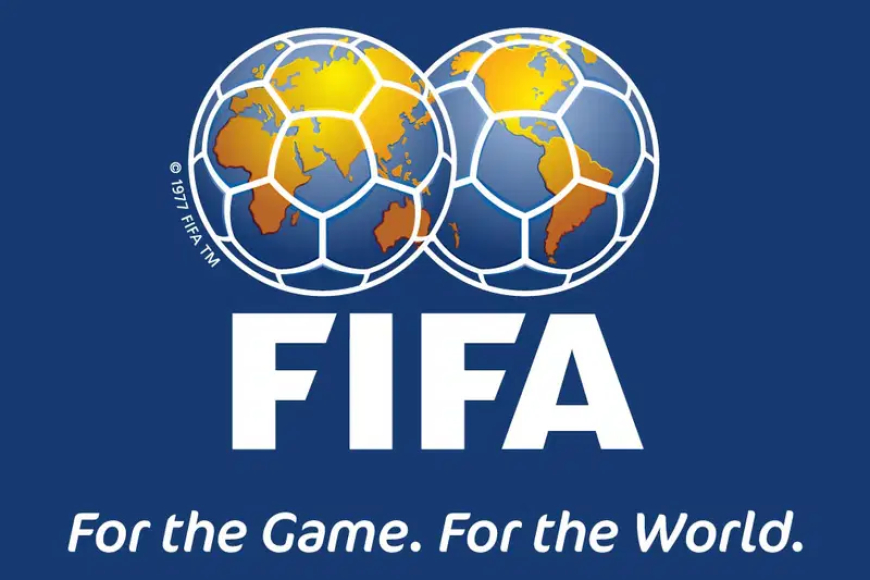Ugborodo’s abandoned FIFA project

When former FIFA President, Joseph S. Blatter, launched the FIFA Goal Project in 1999, the initiative was envisioned as a catalyst for global football development; one that would help countries build modern training grounds, nurture grassroots talents and strengthen the structures of football administration. For many nations, the project has been nothing short of transformative. In Nigeria, however, the story is painfully familiar.
In 2020, FIFA approved the construction of two mini-stadiums: one in Birnin Kebbi, Kebbi State and another in Ugborodo, Delta State; each valued at $1.2 million. While the Kebbi facility, built by Enron Construction, now stands completed, the Ugborodo project has become mired in controversy, delay and finger-pointing.
And once again, Nigerians are left asking: How did we get here? Launched with enthusiasm, the Ugborodo mini-stadium was celebrated as a project that would unite the Itsekiri, Ilaje, and Ijaw communities. Delta State officials promised full support, applauding FIFA and the NFF for selecting the community.
Yet today, the site, awarded to Monimichelle Sports Construction Company under the leadership of then NFF President Amaju Pinnick, has become a symbol of yet another failed infrastructure dream.
The stalled project is not just a physical eyesore, it is a metaphor for the deeper malaise afflicting Nigeria’s sports development ecosystem. At a time when the nation continues to produce exceptional football talents against all odds, the very infrastructure meant to nurture these talents is either non-existent, ill-maintained or abandoned.
Worse still, the key actors are now trading blame instead of providing answers. Pinnick and Monimichelle accuse each other of being responsible for the project’s abandonment, while the public remains in the dark about what funds were released, how they were utilised, and why the project has been put on hold. Nigerians deserve better than recycled excuses. They deserve accountability.
The FIFA Goal Project operates with strict implementation and reporting standards. If Nigeria cannot properly manage a $1.2 million mini-stadium, what message does that send about our seriousness in sports administration? Why has no one been held accountable? How much was disbursed? What are the deliverables? Who failed to meet them?
The Ugborodo embarrassment should be a turning point. Every FIFA-funded or assisted project in Nigeria must henceforth undergo independent auditing, transparent, publicly accessible reporting and community-level monitoring to prevent abandonment and diversion. Sports infrastructure is not a political souvenir to be handed out for patronage. It is a national asset with long-term developmental value. Treating such projects casually undermines the opportunities for young athletes. It erodes public trust.
Ugborodo should therefore stand as a wake-up call, not another forgotten statistic in Nigeria’s long list of uncompleted projects. And Nigeria must finally learn to move from fanfare to follow-through, from ceremonial ground-breaking to sustained institution-building.
Our young talents deserve better and more.

 admin
admin 


